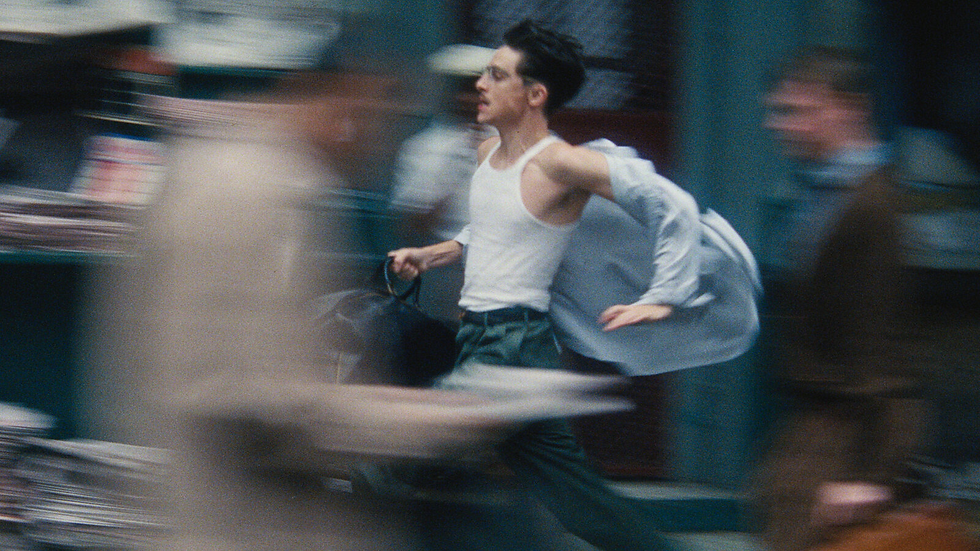"Jurassic World Rebirth" Proves It's Time to Let the Series Go Extinct
- Rua Fay

- Jul 9, 2025
- 3 min read
When Steven Spielberg released Jurassic Park back in 1993, he could've never expected the sheer heights his film would climb to. Grossing over one billion dollars on a budget of $63 million, becoming an instant favorite of audiences around the globe, and spawning countless sequels, Jurassic Park is arguably the most successful film of all time. Thirty two years later, the newest installment has hit theaters with Jurassic World Rebirth, the seventh film in the series. Debuting to mixed reviews and an underwhelming week at the box office, Rebirth proves that no matter how iconic the series, the magic eventually runs out.

Jurassic World Rebirth takes place a few years after the final park shut down. Public amazement by dinosaurs has waned significantly and the few still in captivity are seen as more of a nuisance than anything else. However, off the coast of South America, an entire island exists, inhabited solely by dinosaurs, where travel is strictly forbidden. In New York City, a team of experts is approached by pharmaceutical company, ParkerGenix to illegally go to the island and collect DNA samples from various dinosaurs in hopes that further research will lead to the discovery of a new miracle drug. Among this team are covert agents, Zora and Duncan, played by Scarlett Johansson and Mahershala Ali, and Dr. Henry Loomis, played by Jonathan Bailey.
The past ten years has seen a resurgence in Jurassic Park content. After 2015's Jurassic World became the third highest grossing film of all time, Universal Pictures has poured a tremendous amount of time, money, and effort into expanding the franchise. But after two lackluster sequels, Fallen Kingdom and Dominion, it became clear that dinosaur fatigue had fully settled in, and when it was announced that the studio would be making yet another Jurassic World film, audiences collectively rolled their eyes. I mean, how many times can you learn not to f*ck with dinosaurs?
While written to feel grandiose, Jurassic World Rebirth actually feels the least consequential in the series. The stakes are much lower when this other-worldly threat is confined to a single island that has less than a dozen people on it.

While the special effects look expensive, audiences just simply aren't captivated by this technology anymore. Any merit this film has is marred by an uninteresting B-plot, unnecessary side characters, and a shocking lack of, well...dinosaurs. That's right, there are barely any dinosaurs in Jurassic World Rebirth, at least not for the first hour. A good 20-30 minutes could've been reasonably cut from this movie. The main villain comes late in the runtime in the form of the new, Distortus Rex or D-Rex, a mutant six-limbed carnivore that looks extremely similar to the Rancor from Star Wars.
The plot takes a turn when Dr. Loomis suggests that instead of selling these dino DNA samples to a pharmaceutical company, they should make the research publicly available to save millions of lives rather than make millions of dollars. While this does make for a decent character dilemma, any semblance of meaning is ruined when you realize that a story about corporate greed is being told in the form of Jurassic World Rebirth, probably the most staggering example of corporate greed to hit theaters this year. It's about time to practice what you preach, Universal Pictures.
If Jurassic World Rebirth grosses what it's expected to, it's a safe bet that more installments are inevitable. But if you ask me, this series has been long overdue for a meteoric collision.



